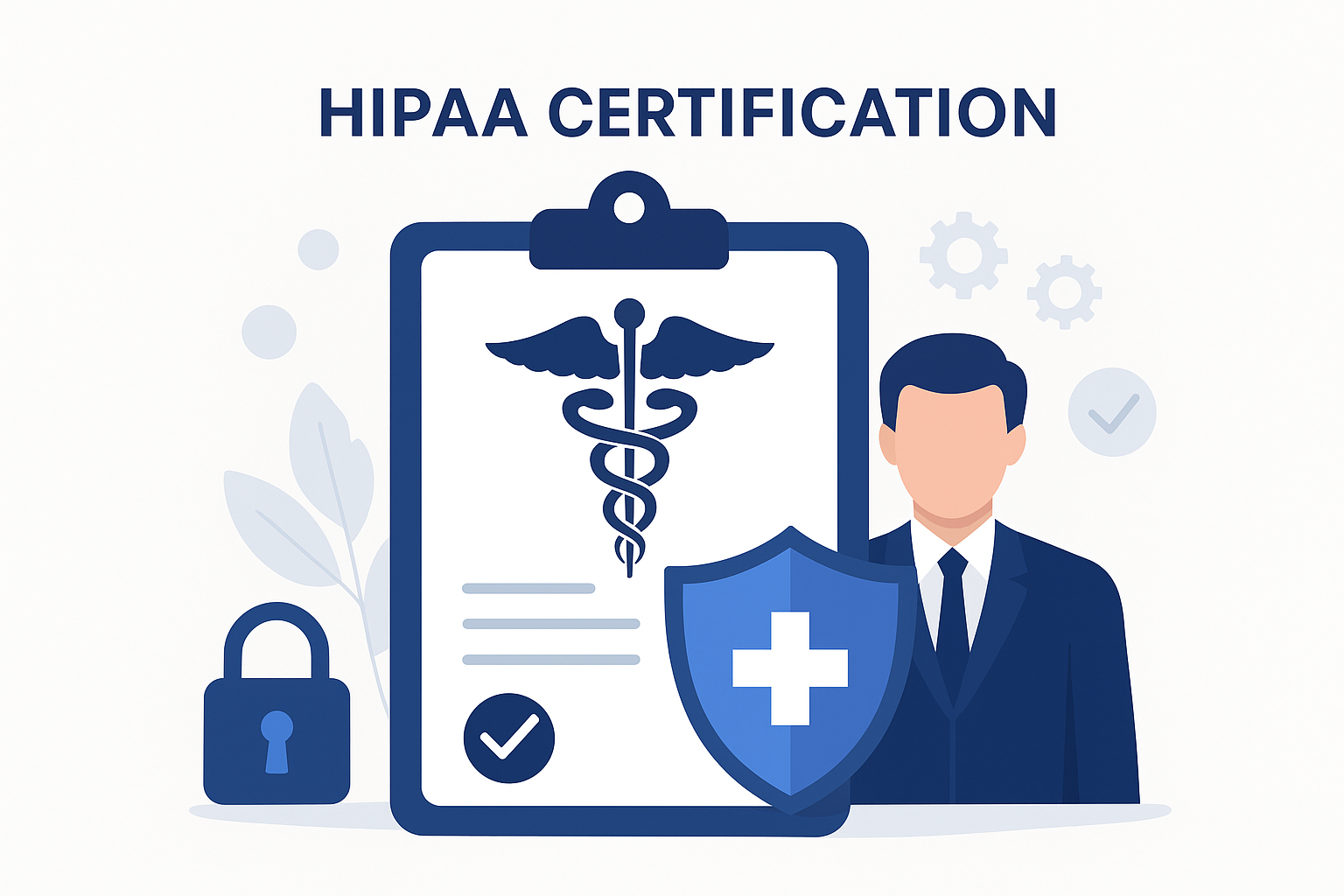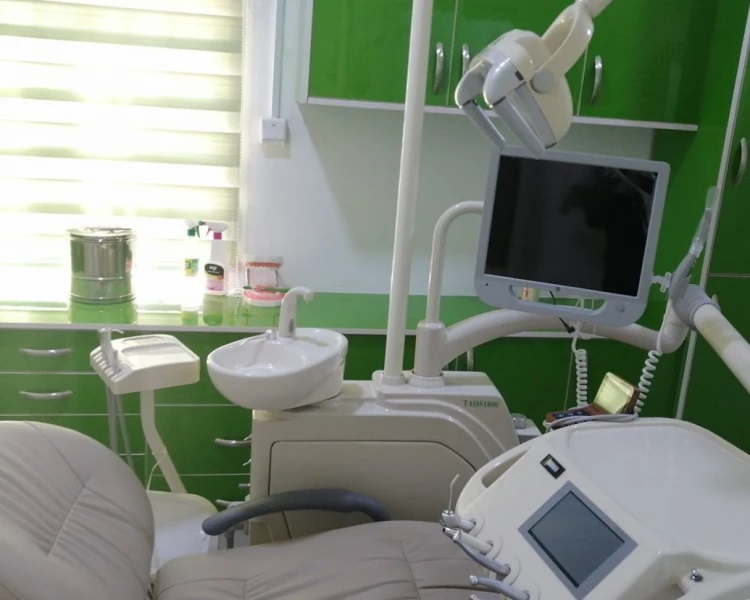ESSENTIAL FIRST AID TIPS FOR HIKERS (NAIJA HIKE SAFETY SERIES)
Have you ever had a wonderful and joyful outdoor adventure experience cut short by a nasty fall, ankle sprain or insect bite?
Being prepared is one of the best things you can do to ensure a safe and successful hike. Thankfully, first aid supplies are the most cost-effective form of prevention against such emergencies while out on an adventure.
A well-stocked first aid kit packed with supplies specific to your adventure will help ensure you get the most out of your outdoor experience no matter what happens. But when it comes to packing a first aid kit as a Hiker in Nigeria, the big question is what supplies should you have in your kit?
From essential items for treating injuries and illnesses to accessories for a tough weather, well discuss everything you need to know about creating your own first aid kit for any outdoor adventure in Nigeria.
Lets get started!

First aid is an initial treatment given to an injured person before they can access full medical care.
Often times first aid is the most important in emergencies as the initial response can either make the situation better or make it worse before. First aid also gives a sort of mental relief to the injured and let's them feel the situation can be handled and they will be fine.
Whether you're a beginner or experienced hiker, once you've decided to embark on an outdoor adventure, carrying a first aid kit on your outdoor adventure is essential.
After all, there's no telling what lies ahead when it comes to outdoor adventures; having the right supplies can mean the difference between a safe and enjoyable journey and a disastrous one.
A first aid box is useless if it does not contain the supplies you need in an emergency situation so having the right items in your first aid kit is essential to ensure that you are prepared in case of any accidents or injuries while hiking.
What Should I Pack in My First Aid Kit?
Here are some items to consider packing in your first aid kit:

Bandages:
Make sure to include different sizes of adhesive bandages and gauze pads for minor cuts, scrapes, and wounds.
Antibacterial wipes and ointment:
Include a generous supply of antibacterial ointment. These come in handy for cleansing wounds and preventing infection. Iodine, methylated spirit are also included here.
Sterile gloves:
Have a pair of sterile gloves handy in case of any contact with bodily fluids.
Pain medication:
Pack over-the-counter pain medication like aspirin, paracetamol or ibuprofen. Also medication specific to any allergies or medical conditions you may have. A very common one is an inhaler for asthma patients.
Antidiarrheal medication (such as loperamide), antihistamine tablets (for allergies), insect repellent and sunscreen are also important.
Advanced Medical Supplies:
Depending on the length of your hike and the terrain you'll be covering, you may also want to pack additional medical emergency supplies. These can include: prescription medications like those for diabetes; a small bottle of rubbing alcohol; tweezers; scissors or multi-tool knife; safety pins; burn ointment; thermometer; hypothermia survival blankets; tourniquets; splints/immobilizer devices; suture kits/stitch removal kits.
Remember, prevention is the best form of treatment so make sure your first aid kit is always well stocked!
Tips on How to Store and Carry a First Aid Kit While Hiking
Having a first aid kit while hiking is essential, but what kind should you invest in and how do you store it? Well, if youre about to embark on a Nigerian outdoor adventure, here are a few tips to get you started:
Choose a First Aid Kit That's Right for You
When it comes to finding the right first aid kit for your hike, size matters. A small, lightweight kit is perfect for quick trips and day hikes like the following hiking trails in Abuja; Wuye twin hills, Usuma dam hills, Kubwa Arab hills (the horn) Brick city hills phase 1 and 2, Katampe Hills, Dawaki hills, Mount Zion hills Mpape, Maitama Rasta Community hills, karu waterfalls, ushafa waterfalls and so many more not mentioned.
If youre planning on being away for longer stretches of time, or if your adventure will take you off the beaten path like the 6 hour Dawaki hills (dauntless trail) and the rugged terrain leading to Karshi waterfalls then investing in a bigger kit might make more sense.
Checkout @happytrailsng Instagram page to see factors to consider when rating a hike trail.
Pack Your First Aid Kit in an Accessible Spot
Make sure to pack your first aid kit in an accessible spot on your gear. Pick a spot that's easy to access with one hand, like the top compartment of your backpack. That way you can reach it quickly if theres an emergency.
Use Waterproof Bags and Containers When Necessary
Items and medications that could be ruined by water should be stored in waterproof bags or containers during wet weather and while crossing bodies of water on foot or kayak/canoe/rafts. This will ensure they don't get ruined in wet conditions.
By having all these items in a basic yet comprehensive first aid kit to take on an outdoor adventure, you can feel more peace of mind knowing that if an injury or medical emergency arises, you're prepared for the worst.
Special Considerations When Packing First Aid Kits for Hiking in Nigeria
Making sure you have the right first aid kit components for a trip to Nigeria is important, since the terrain and temperature can vary widely depending on where youre headed. Here are some special considerations to keep in mind when packing a first aid kit for your Nigerian outdoor adventure:
Heat Exposure
Nigeria experiences high temperatures year-round, which means heat-related illnesses can be a problem for hikers. Make sure your first aid kit includes items such as sunscreen, lip balm, hats, and plenty of water to keep everyone safe and comfortable.
An extra tip is put on suitable clothes depending on the weather conditions.
Mosquitoes and Insects
Nigeria is home to plenty of mosquitoes so dont forget insect repellent! You may also want to have some sort of insect bite relief in case someone gets bitten by an insect while hiking. Take into consideration what local medicines are available should someone get sick or injured while hiking.
Its always a good idea to research and scout the area beforehand and note any medical facilities or pharmacies that could be of help if needed.
In Abuja for example when hiking Kubwa there are several medical facilities easily accessible in case of emergencies such as the Kubwa General Hospital, Daughters of Charity Hospital, Zenith medical laboratories, Bakan gizo Pharmacy, Health Hub Pharmacy and a host of others depending on your exact location.
Your Google map can be useful to help locate the nearest hospital, clinic or pharmacy to you.
Using Your First Aid Kit
When injured, immediately identify the type of wound and apply direct pressure if appropriate. You can take short online classes on first aid, treating injuries, cuts and bruises on Alison or join the Red cross society in your city.
Some hiking communities also organize safety talks and seminars for members where you can learn from experts about safety on the trials.
If there is bleeding, use sterile gauze for bandages and follow basic principles of wound care; otherwise, use antiseptic or antibiotic ointment and a bandage for minor cuts or scrapes.
For burns, apply aloe vera cream or other burn cream to reduce pain and risk of infection, dress the wound with a sterile compress (if necessary) and cover with a bandage.
For sprains or strains, use ice packs to reduce swelling and discomfort; also consider using heat packs if available to promote healing.
Its wise to keep an extra set of supplies handy in case items run out mid-hike; having an additional set can mean life-saving help in an emergency situation!

Items like a snake bite kit and Compass or GPS tracker can also be included in your kit. Although your mobile phone can serve the purposes of GPS and Compass except in places where there is no internet connection.
Finally, make sure your emergency contact information is stored somewhere within the first aid box so that help can be summoned if needed. Consider also packing a pocket sized guide on how to use the various items in the kit.
Its always important to stay safe and be prepared for any potential emergencies that may arise while out on a hike. With the right first aid kit, youll have the ability to respond quickly and effectively to any health-related emergencies. So make sure to double-check that you have everything you need before you set off on your next outdoor adventure.
































.jpeg)
.webp)








(0) Comment
(0) Comment